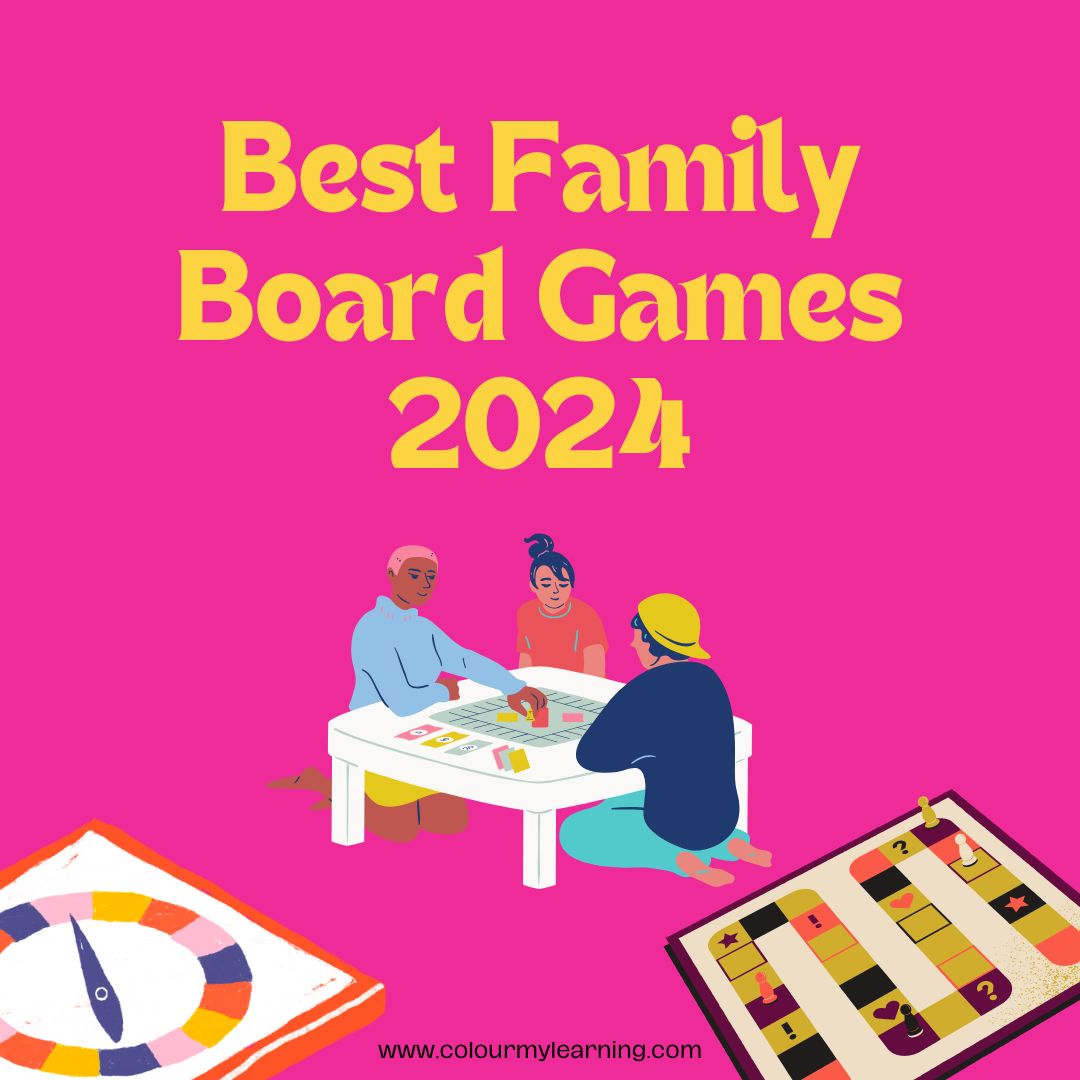Principles of Outcomes-Based Education (OBE) and Training
As a facilitator in the adult learning space, a successful course outcome is one where candidates are able to apply what they have learnt in the classroom, to their workplace. This is what differentiates Outcomes-based education (OBE) from a contents-based education. We have compared these two teaching approaches in detail in the previous article and looked at the advantages and disadvantages of each.In this article we will look at how, although theory is still essential to overall learning, OBE emphasizes the candidate’s ability to use their new skills on the job as opposed being able to recall new knowledge. There are some essential guidelines that a facilitator should consider when developing an outcomes-based training programme.
Practical assessment methods are important for holistic learning. Learn more about OBE here. Share on X
Principles of OBE Course Design
1. Focus on the end goal
The concept of OBE is one that requires the candidate to demonstrate what they can ‘do’ as opposed to what they ‘know’. This principle indicates then that facilitators need to start with the end in mind. For example, when teaching a skill such as report writing, by the end of the course the student should be able to produce a properly formatted and well written report. The facilitator will have to therefore have to map the course so that the learner is not only introduced to knowledge and format of a report but also given opportunities to practice writing in the language style and format required. This way, learners are able to learn from their mistakes with the facilitator’s help.
Learn how to take skills from the classroom to the workplace with the outcomes-based education approach. Share on X2. Learning in authentic contexts
Outcomes-based learning is most effective when done in an environment that is as close as possible to real life situations and although this is not always possible, the facilitator should look for ways in which to make the training as relevant as possible. For example, in a customer service course, the facilitator would need to test the learner against set criteria such as ability to listen well and problem solve under pressure. A paper-based test would not be able to provide an accurate indication of the learner abilities in this field whereas a role play type activity would provide more credible evidence and will ensure that the facilitator is better positioned to award marks or not.

3. Training methods are learner-centred
Whether you’re developing learning material from scratch or are using those of the institute you work for, OBE should draw on the experience of the learner, where they are responsible for their own learning. This approach doesn’t mean that the facilitator can just hand them the material and sit back, it means encouraging learner participation as much as possible to achieve the desired learning outcomes.
When designing a learning programme, the facilitator should also keep in mind that, although all students can meet the course objective, they don’t all arrive there at the same time or in the same way. The facilitator’s role therefore should be to identify learner strengths and weaknesses and to identify areas where they can further develop student talent.
4. Integrated assessments
When assessing learners, as a facilitator, over and above looking for evidence that they’ve achieved specific learning outcomes, you should also consider that candidate’s ability to think critically, to reason, to work in groups, to communicate and self-management. The facilitator encourages life skills in OBE because they are personal and interpersonal skills that will further contribute to the learner’s success in the workplace.
The facilitator can ensure that assessments are integrated by giving candidates the opportunity to close skills gaps during the course which will also increase their chances of being found competent at the end of the course. That is, they should give formative assessments to monitor learner progress where they can also use the marks achieved during these classroom exercises to add to the candidate’s summative assessment marks.

A facilitator can do this by considering the learner’s practical ability, where their literacy and numeracy skills are taken into account. Outcomes based education’s broad approach is also to cultivate the candidate’s reflexive competence to a point where they’re able to reflect on their actions, a skill which is necessary for personal development in the world of work. To further ensure that the assessment is holistic, the facilitator should consider evidence from the learner’s supervisor reports, their portfolio of previous work and logbooks.
Better opportunities in the job market can be gained through teaching applied skills. This article tells you how Share on X5. There are no failures
Schools and universities use contents-based education where the focus is on academic achievement whereas success in OBE means being able to do something with what you’ve learnt. This approach to learning is most suited to adult learners. What motivates them is how they can use what they have learnt in your course. Grading for them doesn’t matter as much as being able to practice a new skill at the workplace and being more effective at their job.
For this reason, learners are typically either found ‘Competent’ or ‘Not Yet Competent’ where the approach is ‘either you can or you can’t’. Different from contents-based education, where the facilitator marks learners according to a scale and how well you can do something, the basis of OBE you can only perfect the skills taught in OBE over time that exceeds that spent in the classroom.

6. Expanded Opportunities
The final principle of OBE is that it should provide learners with tangible skills that they can use at their current job to improve their work experience or that they can use to market themselves to gain access to the workplace. Outcomes based education is used internationally to boost careers as well as create opportunity for individuals who do not have the means to attend a college or university.
The standards set by education and training authorities ensure the standards of quality education are maintained.
By using the above principles in the development of learning programmes and in their training methods, facilitators will create a positive learning environment where adult learners are motivated to learn because the course content is relevant to them. This encourages participation where they make the most of the learning opportunities presented to them because the facilitator has trained learners how to think instead of what to remember.
Learn how to develop your students practical skills with Outcomes Based Education. Share on XConclusion
In conclusion, as a facilitator in the adult learning space, you want learners to be able to use the skills you have taught them in the workplace. Unlike contents-based education which is academic in nature, the theoretical knowledge learnt in OBE emphasizes how to apply what is being learnt, in the real world.
References:
https://www.iitms.co.in/blog/beginners-guide-to-outcome-based-education.html
















